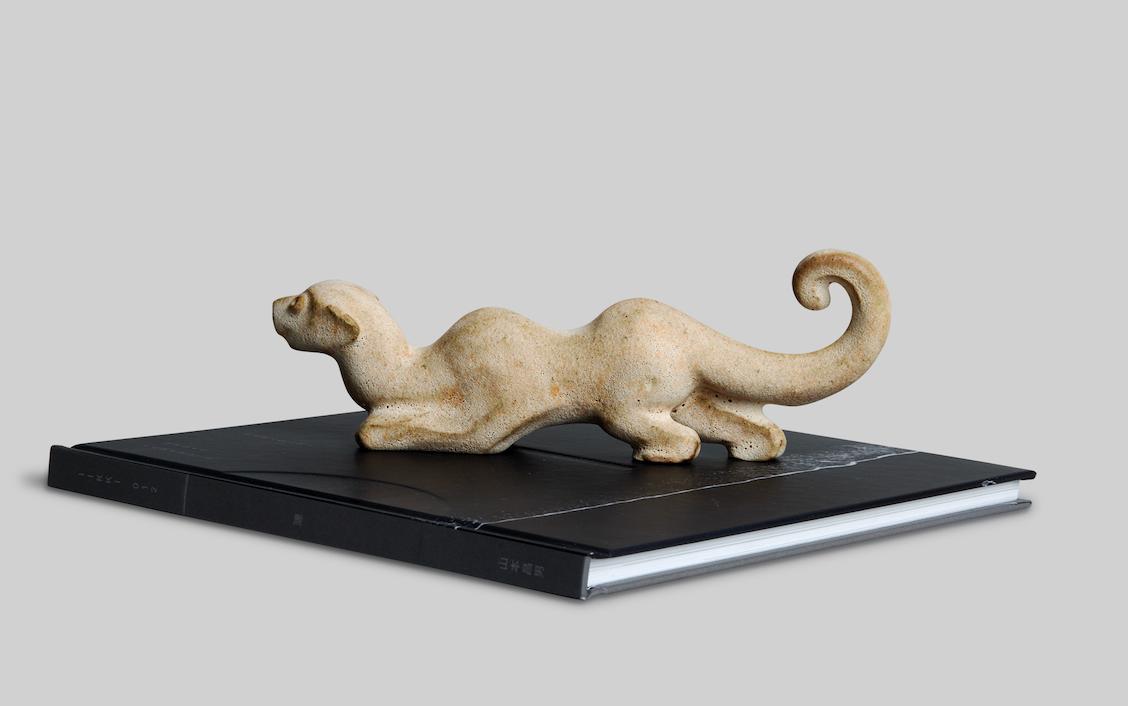In Eastern traditions, the scholar’s studio is a sanctuary—a space where culture is cultivated through objects of purpose and contemplation. At the heart of this practice lies wenwan (文玩), or “scholarly playthings.” These are not mere decorations but instruments of intellectual and spiritual refinement, embodying centuries of artistic and philosophical pursuit.
Wenwan encompasses tools such as inkstones, brushes, and brush holders. Each object carries layered meaning: the inkstone symbolizes the wellspring of knowledge, while the brush represents the bridge between thought and expression. Together, they form an ecosystem of contemplation, where materiality and meaning converge.
This culture of mindful craftsmanship extends throughout East Asia. In Japan, the bunjin tradition echoes similar values—emphasizing simplicity, nature, and introspective practice. In both contexts, the arrangement of objects is deliberate, intended to focus the mind and elevate the act of study.
Within this lineage, Kaibo Xiong’s ceramic brush holders—“Rong” and “An”—offera contemporary interpretation. “Rong” (荣), with its bronze-toned glaze and upward gaze, conveys honor and dignity. “An” (安), in white ceramic with a lowered posture, evokes stillness and peace. Both pieces balance mythical resonance with clean, modern forms, inviting presence and reflection into the contemporary study space.

Through subtle gesture and textured surface, Xiong’s work honors the spirit of wenwan—not as historical reproduction, but as a living dialogue between the scholarly past and the creative present.




